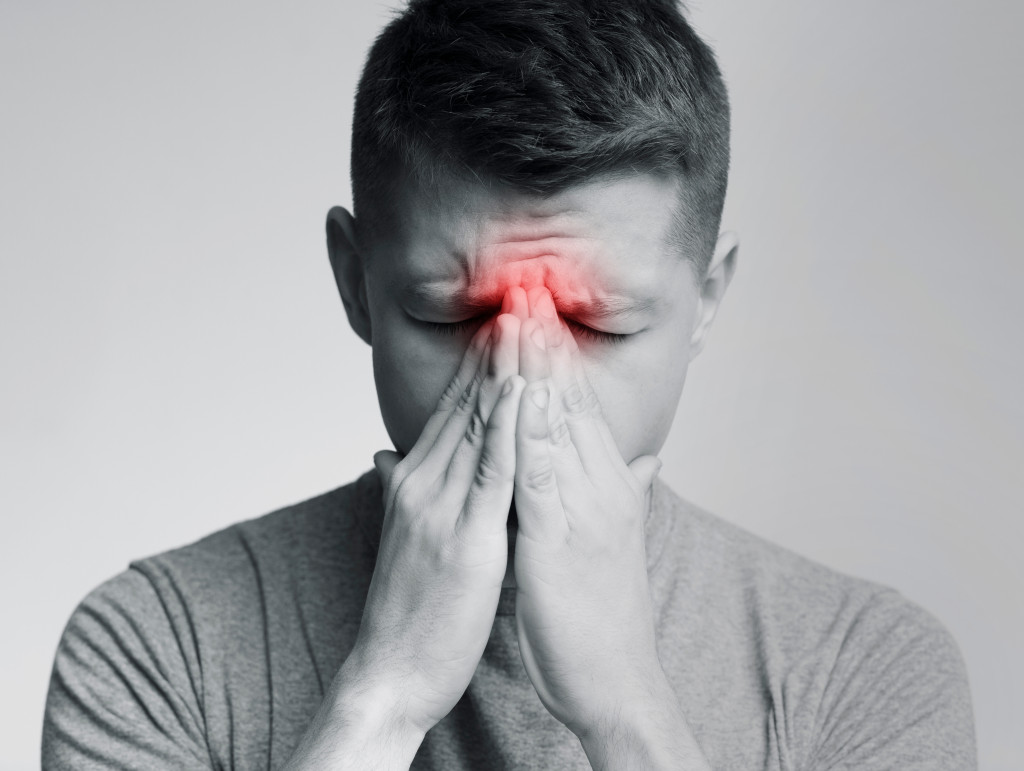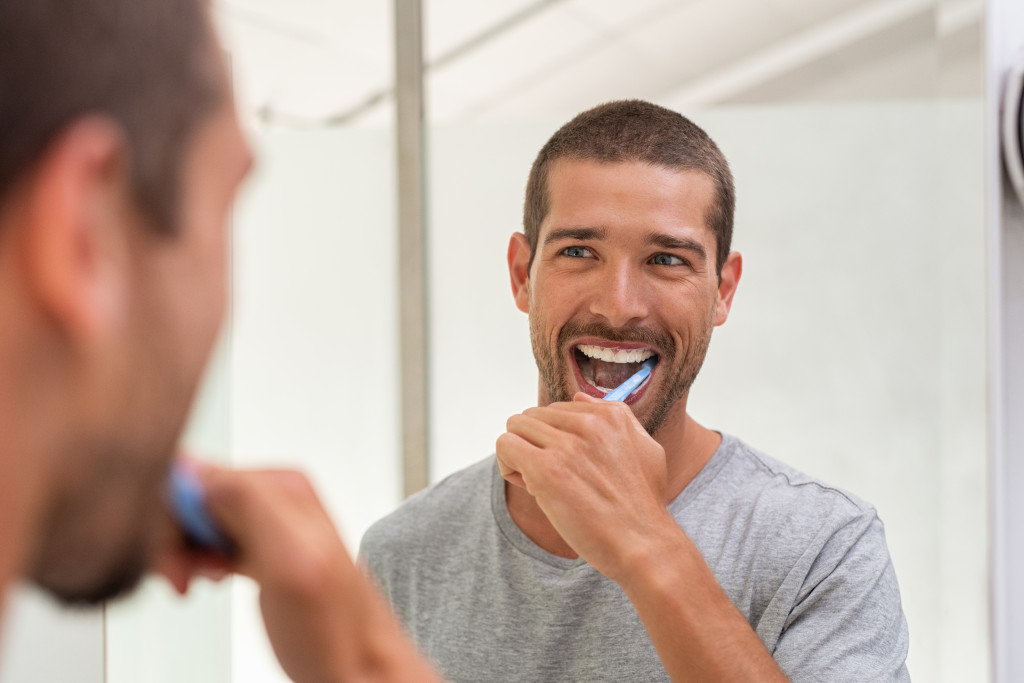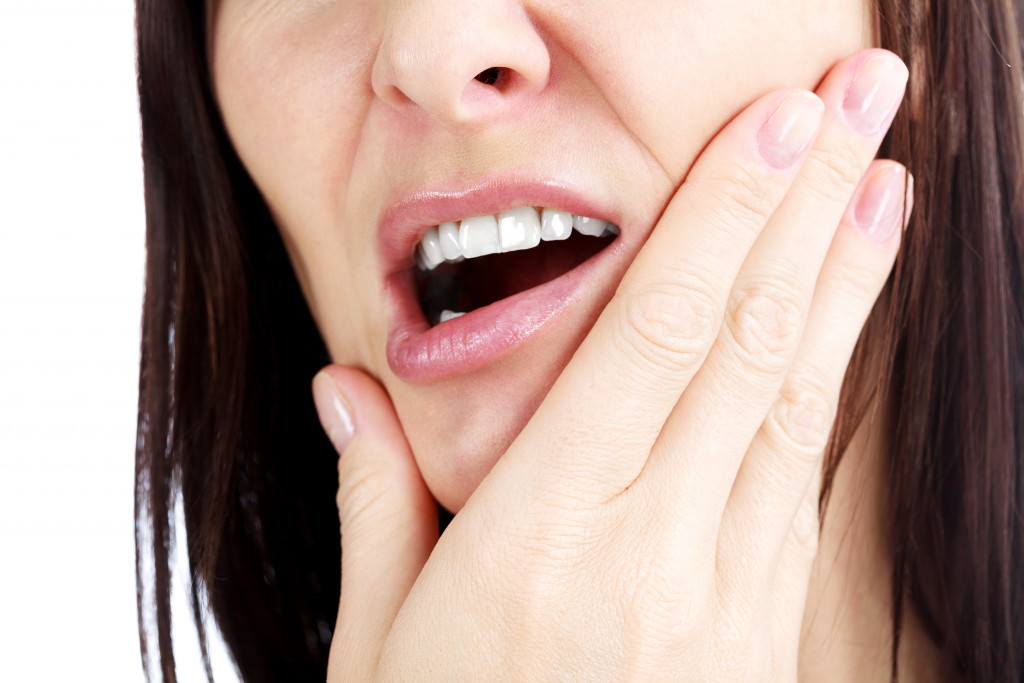Disclaimer: The Lifestyle Elf. This site provides fashion and lifestyle content for informational purposes only.
- Dental issues, sinusitis, temporomandibular joint (TMJ) disorder, trigeminal neuralgia, and facial trauma can all cause cheek pain.
- Good oral hygiene, replacing missing teeth, getting regular sinus exams, avoiding traumatic injuries, and more.
- Symptoms of cheek pain can include localized pain near the affected tooth, nasal congestion, headache, fever, jaw clicking/popping, and more.
- Treatment for cheek pain may involve antibiotics/decongestants for sinusitis, over-the-counter medications and jaw exercises for TMJ disorder, and others.
- If you experience facial pain, seeking professional advice from a medical professional is vital.
Cheek pain can be a troublesome condition for many people, yet understanding the root causes of it can provide valuable insight into how to alleviate or prevent the pain. This blog post will explore five common reasons behind cheek pain. By learning more about these potential causes, you can better identify your symptoms and seek appropriate treatment from a medical professional.
Cheek Pain in The U.S.
Your cheeks are made from skin and cartilage, which are connected to the underlying muscles of your face. Pain in this area can result from dental issues, sinus infections, certain facial diseases, or trauma from an injury. In the United States alone, roughly 10 million people suffer from cheek pain. Here are some common reasons why:
Dental Issues
One of the most common reasons behind cheek pain is dental issues, such as a cavity or an abscess. The pain is typically localized to the affected tooth but can radiate outwards to the surrounding cheek. In some cases, gum disease or temporomandibular joint (TMJ) disorder can also cause cheek pain. If you are experiencing dental pain, treating a dentist promptly is essential.

Sinusitis
Sinusitis is another possible reason behind cheek pain. This condition occurs when the nasal passages become inflamed or infected, leading to a buildup of pressure and pain in the surrounding facial tissues. Other symptoms, such as nasal congestion, headache, and fever, typically accompany cheek pain caused by sinusitis. Treatment for sinusitis usually involves antibiotics and decongestants.
Temporomandibular Joint (TMJ) Disorder
As mentioned earlier, TMJ disorder can also cause cheek pain. This condition affects the hinge joint that connects your jaw to your skull, leading to pain and discomfort in the surrounding facial muscles, including the cheeks. Other TMJ disorder symptoms include jaw clicking or popping, difficulty opening the mouth, and headaches. Treatment options for TMJ disorder include over-the-counter pain relief medications, jaw exercises, and prescription medications.
Trigeminal Neuralgia
Trigeminal neuralgia is a rare but severe condition that can cause intense, sharp pain in the cheek and other areas of the face. This condition occurs when the trigeminal nerve is compressed or damaged, leading to an overreaction of sensory signals in the face. Trigeminal neuralgia can also cause spasms in the cheek muscles, further exacerbating the pain. Treatment for this condition may involve medication or surgery, depending on the severity of the symptoms.
Facial Trauma
Facial trauma can also cause cheek pain. This includes any injury that damages the facial bones, muscles, or tissues, such as a car accident, a sports injury, or a fall. Cheek pain caused by facial trauma can accompany other symptoms, such as swelling, bruising, and difficulty opening the mouth. Treatment may involve surgery or other medical interventions, depending on the extent of the trauma.
Proactive Ways to Avoid Cheek Pain
Cheek pain can certainly affect your everyday life. Thankfully, there are some proactive ways you can do to avoid it. Here are some of them:
Replace Missing Teeth
Tooth loss is the leading reason for TMJ. It can also lead to oral cancer, which can cause cheek pain. To avoid this, always replace missing teeth with robust dental implants. These are made from titanium and can last a lifetime. It’s a much cheaper option than bridges and retainers and low maintenance.

Practice Good Oral Hygiene
Good oral hygiene is essential to maintaining healthy teeth and gums and avoiding painful dental issues. Be sure to brush and floss your teeth regularly and visit the dentist for regular check-ups.
Get Regular Sinus Exams
Sinus infections can lead to facial pain and discomfort. To avoid this, get regular sinus exams from your doctor. This will help detect any underlying conditions causing the infection and get treatment immediately.
Avoid Facial Trauma
Facial trauma is one of the most common causes of cheek pain. While it’s impossible to prevent all injuries, you can wear protective gear when playing sports or driving safely to reduce your risk of injury.
Be Mindful of Your Posture
Poor posture can lead to unintended tension in the jaw and facial muscles, leading to pain and discomfort. Ensure you practice good posture when sitting or standing to keep your neck and head aligned with your spine.
Many factors, including dental issues, sinusitis, and more, can cause cheek pain. Fortunately, understanding the causes of cheek pain and taking proactive steps to avoid it can help prevent future episodes. If you are experiencing any facial pain, seek appropriate medical attention from a doctor or dentist for accurate diagnosis and treatment.

